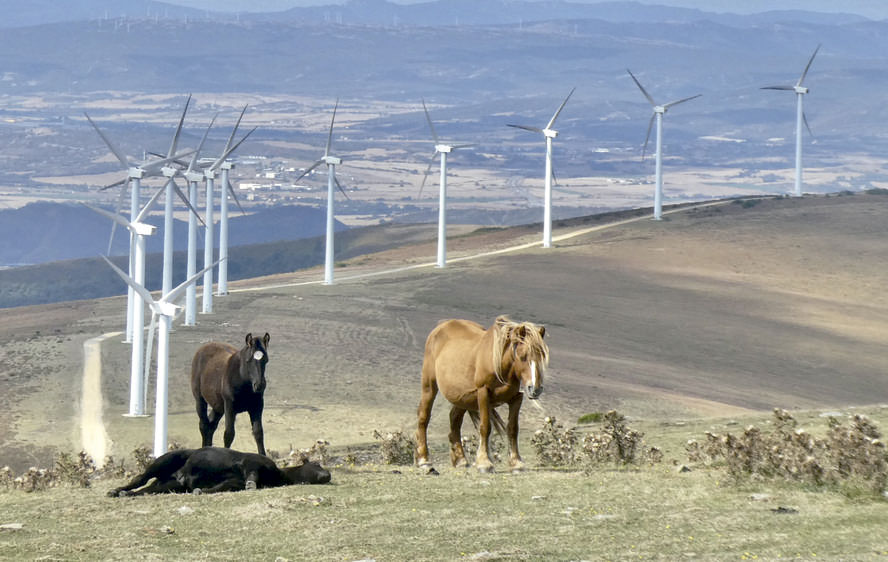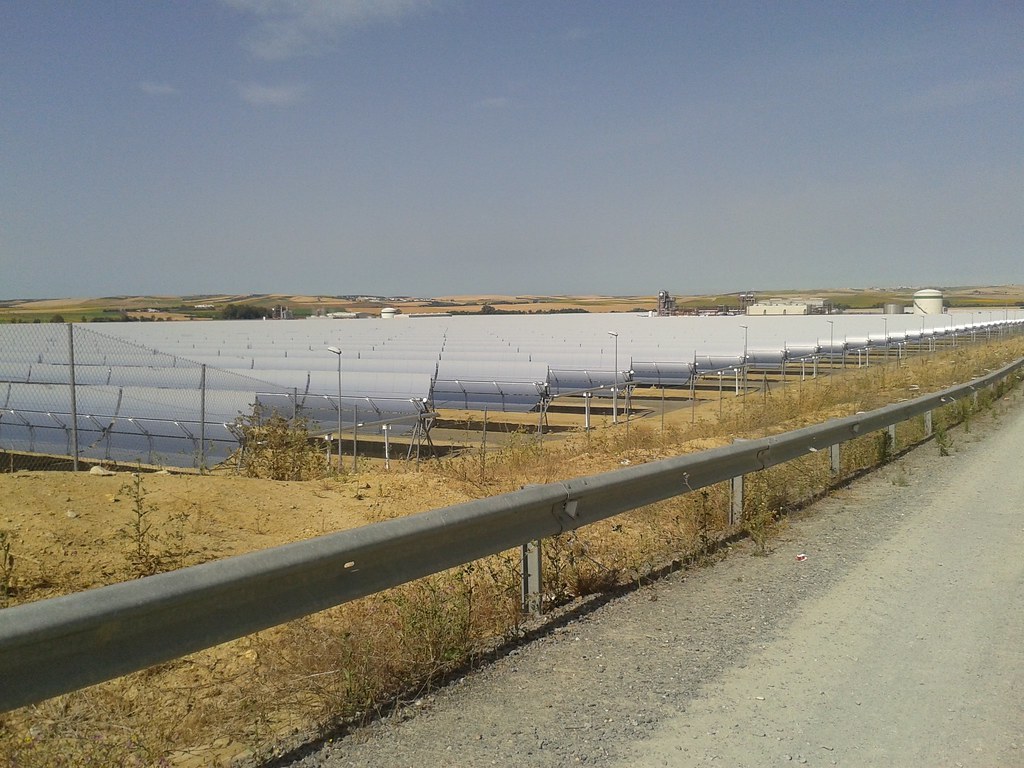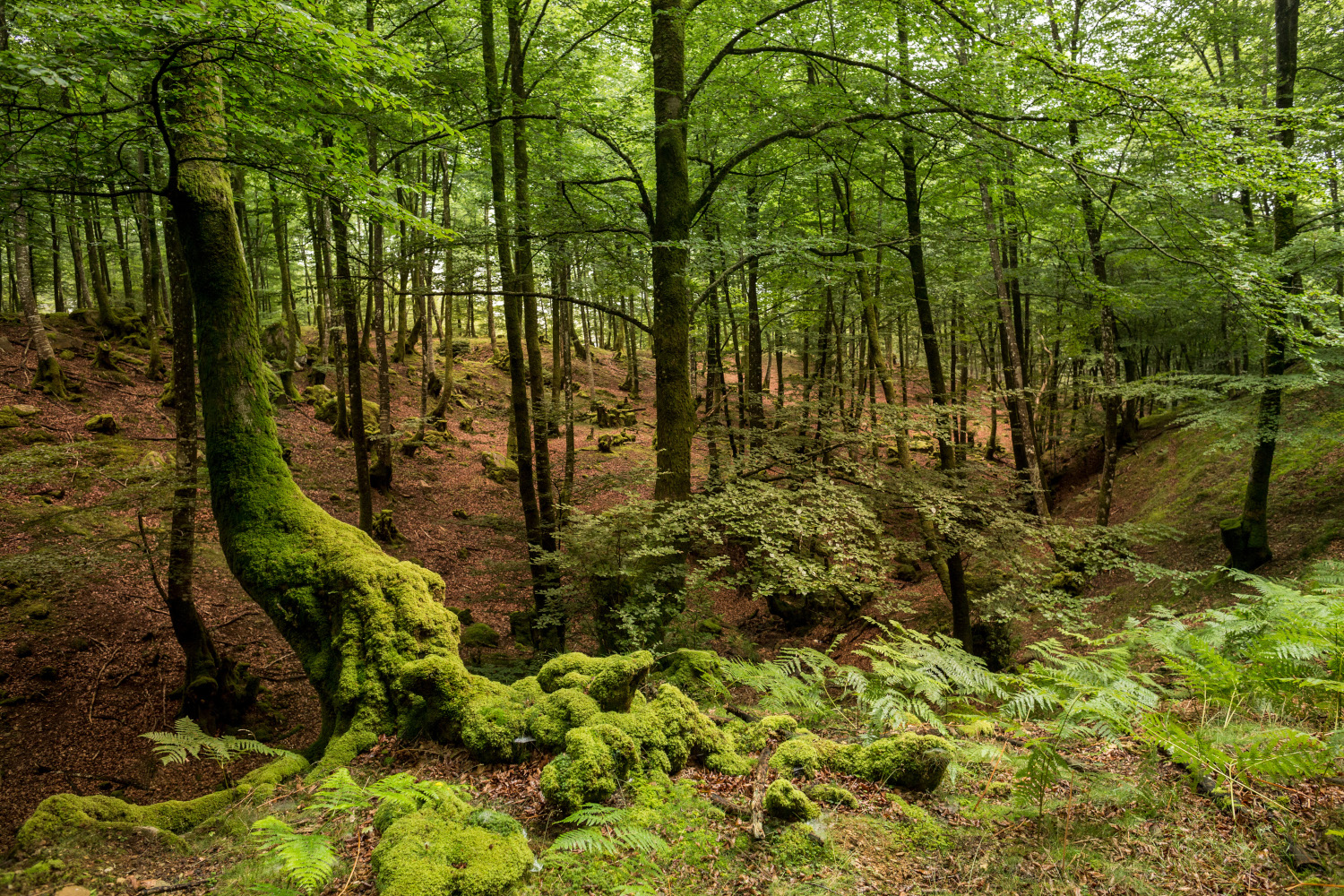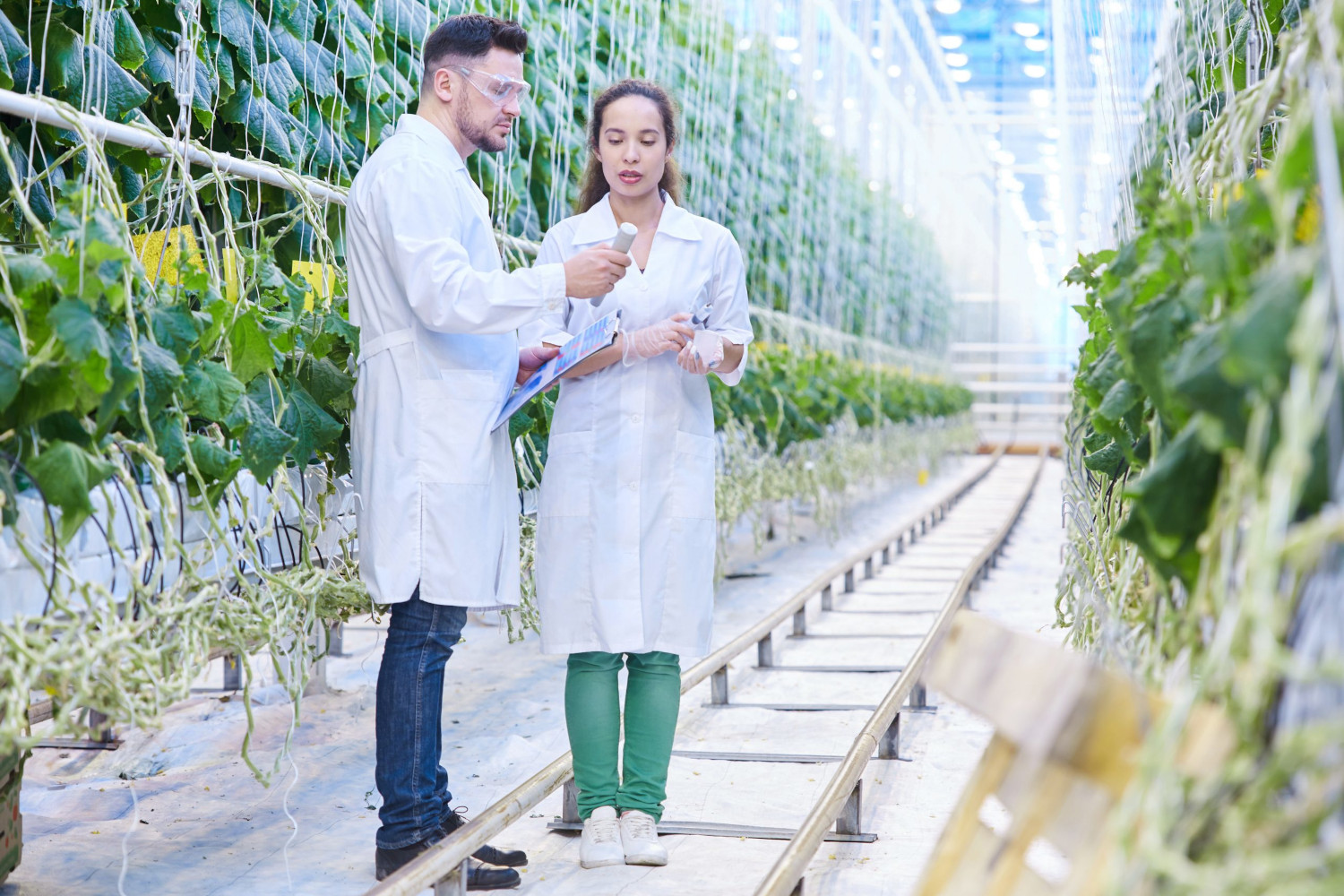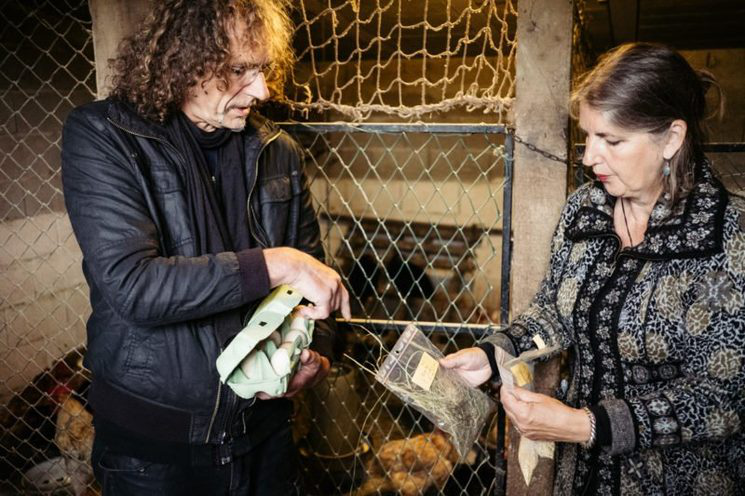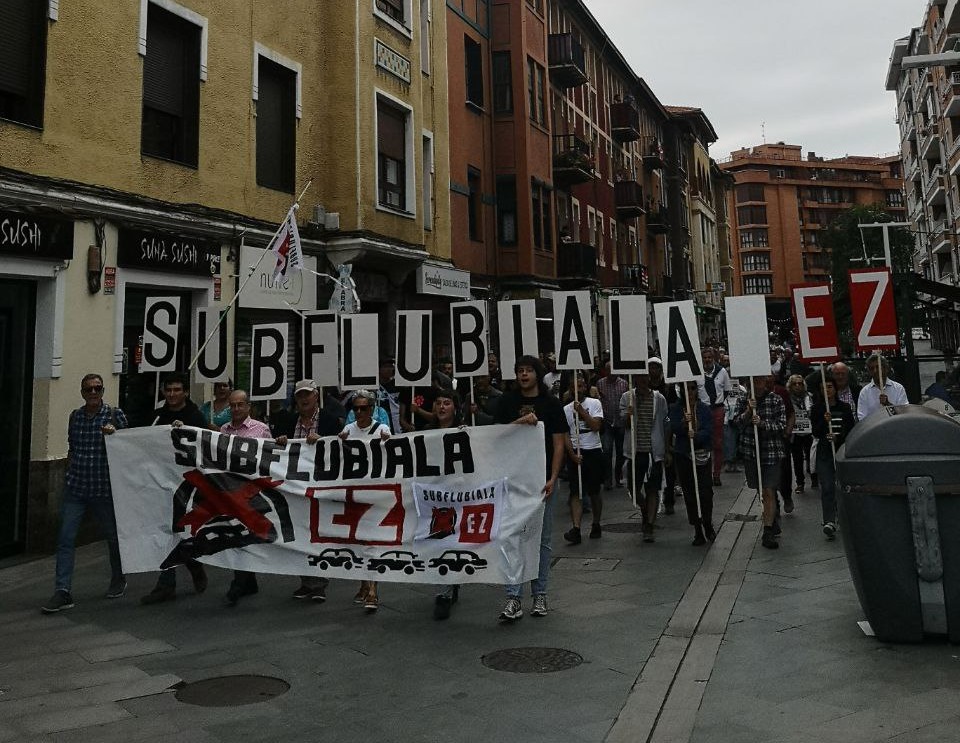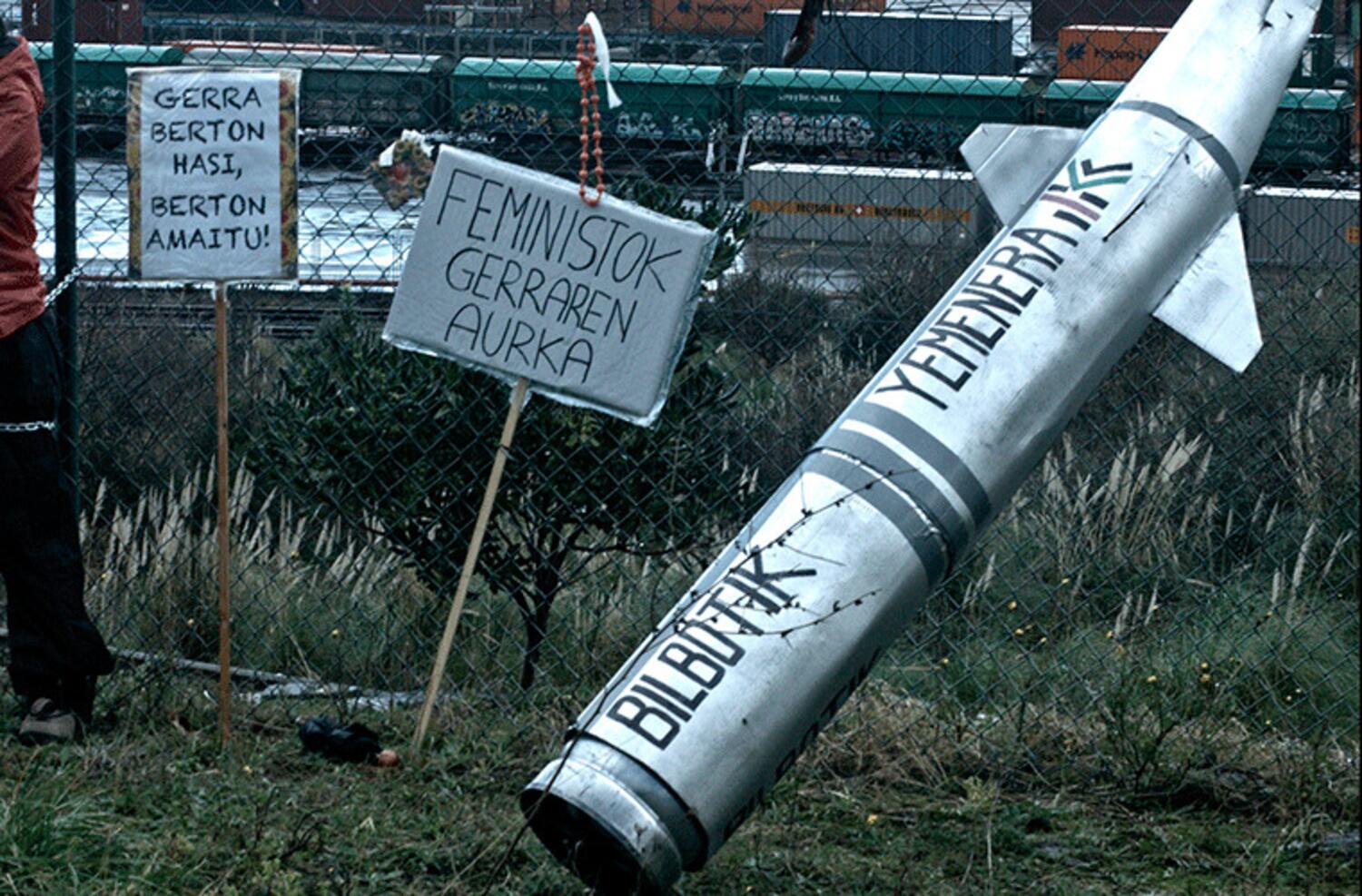What is the herd? (An approach)
- I've been thinking about the herd for over a week. I have already dedicated spaces before to the use of the herd concept, but the dialogue I had a week ago has renewed its reflection and brought me to this role.

In general, it is not well seen to belong to a sheep herd. The members of the herd are homogenized, expropriated from their faculties and their own characteristics are eliminated suddenly, becoming dolls produced in series by the judges.
Homogeneous and non-judgmental servants. The servants do what the so-called pastor tells them. Without questioning anything. Come on? Go on! To stay? Stop! Two creatures: the pastor and the group. One commands, another obeys. The only connection between the stick, bounded in various elements, is the stick.
I myself have used the sheep flock inappropriately. Long, long time ago, before I became a pastor. The large mall that they baptized the Boulevard was Borregard – in reference to the word borrego, that is, lamb – for many. We looked different from those who came in and out – and surely they too would have seen us different, we would have missed us – outside the herd.
Since I belong to this herd, I have not used the word Borregard. I cannot undermine what gives me so much. I can't destroy what makes me a pastor. For sheep make me a shepherd; without them I am not. The impossible, of course, comes from my knowledge – I would not like anyone to consider it a wise man – of sharing life with sheep.
Anyone who lives with sheep knows that not all sheep are equal, even if they are all sheep. That there are more nervous and more submissive, kinder and more abrupt, more group and solitary, more courageous and more thoughtful, going to the head of the group and preferring the rear. And all of them are essential.
Whoever lives with sheep knows that each member has a role in this ecosystem, so it can easily be concluded that the herd’s group character will change with the death or birth of a partner. And that the ultimate goal of this ecosystem is to maintain the life of the collective, to ensure the well-being of all its members.
I think that often the flock and the heap of sheep get confused. In the first, the interactions between the members are constant, and the latter goal is always present, even if in a hidden way. In the second, however, there are no collectives, and accumulation is as unnecessary as collecting the pieces of the broken glass into a bag. That is, you cannot drink a drop of water if no one has taken the trouble to stick those pieces.
For that, there is, among other things, the pastor. Its main function is undoubtedly to ensure the life of the herd, without forgetting, however, that it is not like the element that commands from the outside and that its existence is linked to the very existence of the herd. That is why it has to protect the herd from the risks, that is why it has to secure the food, that is why it has to obtain and maintain a habitable life for all members.
I would recommend to those who study the functioning of human groups who are immersed in a herd. In this way, you'd discover what holobionte is: to bring together several species to create an entity, an ecosystem that endures over time and takes care of its members.
It would then be desirable to live in the herd. So we would start to create herds to take care of ourselves.
Do not look for this connection from Ezkio or Altsasu, let alone crossing the Ebro River through Castejón. The connection, or rather the connections, between the Basque Y and the AVE of Navarre is already a reality. It is these links in the plural that should concern us and... [+]








